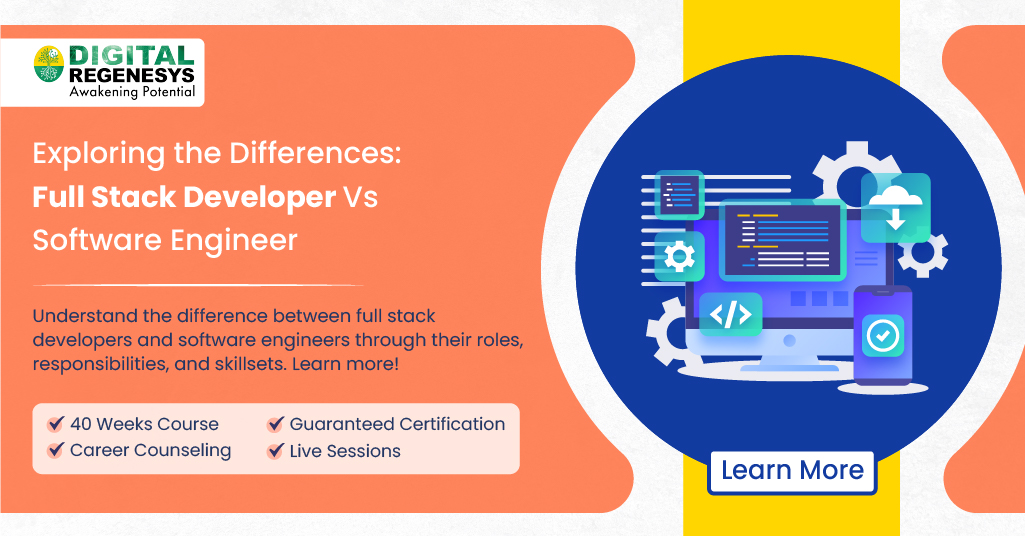Front End Developer Salary in Nigeria, Average Monthly Salary!

In Nigeria, the tech industry is booming, and the role of a front-end developer is becoming increasingly important. The front-end developers are responsible for designing websites’ front-end or visually appealing interfaces. They optimise the performance of web pages to ensure fast loading and a better user experience. In Nigeria, the demand for skilled front-end developers is on the rise. Most organisations offer attractive salaries for the developer role. According to “Payscale”, the average salary of a front-end developer in Nigeria is around ₦1,452,674 per year as of August 2024.
Let us learn more about front-end developer salary in Nigeria, steps to become a front end developer and more.

Average Front-End Developer Salary in Nigeria
Front-end developers play an important role in creating the visual or front-end part of a website or web application. They focus on user interface and ensure the site is functional on various devices and screen sizes. According to “Payscale”, the average salary for front-end developers in Nigeria is around ₦1,452,674 per year as of August 2024. However, the salary varies depending on experience, organisation, skills, and location. For example, front-end developers earn higher salaries in Lagos because of the concentration of multinational companies and tech startups. Abuja also offers competitive salaries, especially in government and larger corporations.
Per Month Front-End Developer Salary in Nigeria
Glassdoor report says the average front-end web developer’s salary in Nigeria is around ₦2,20,417 per month as of August 2024. The salary varies based on experience, skills, location, and the industry they work in. The company’s size also plays a significant role in salary variation. For example, larger tech firms and multinational companies offer more attractive compensation packages than smaller startups.
How to Become a Front-End Developer in Nigeria?
To become a front-end developer, you must have specific learning skills and relevant experience. You need to understand how to design the front-end interfaces of a website or application. Here are the steps to help you get started.
- Learn HTML, CSS & JavaScript: HTML & CSS design web pages and JavaScript adds interactive elements like animations and media. There are a large number of online platforms that can help you learn and practise these skills. You can also enrol in the Digital Regenesys’ Full Stack Web & Software Development Course to improve these skills. This course will teach you all the aspects of front-end and back-end technologies. Here, you will also learn how to work on the web’s front and back end and extract insights from them using HTML, JavaScript, and GitHub.
- Familiarity with Front-End Frameworks: After learning the basics, familiarise yourself with front-end frameworks like Bootstrap, Angular, React, or Vue. These frameworks simplify development with predefined code.
- Learn Key Tools & Technologies: Expand your skills by learning version control systems like GitHub, responsive design for different devices, and command-line tools. Also, familiarise yourself with browser developer tools, testing, debugging, and web performance metrics.
- Engage with the Community: Join front-end development communities on webinars, workshops, etc. Networking with industry professionals can provide valuable resources, career opportunities, and insights into the latest trends.

Skills Required to Become a Front-End Developer in Nigeria
To become a front-end developer, you must have certain skills. These skills will help you work effectively and efficiently. Check the skills required to become a front-end developer below.
- User Interface (UI) Design: Front-end developers collaborate with UI/UX designers to convert design mockups and wireframes into functional web pages, ensuring the visual elements are implemented accurately.
- Web Development Languages: Proficiency in HTML, CSS, and JavaScript is essential. HTML structures the website, CSS handles layout and design, and JavaScript adds interactivity and dynamic functionality.
- Responsive Design: Designing and coding web pages to be responsive, adapting to various screen sizes, especially in today’s mobile-first environment.
- Performance Optimisation: Enhancing web page speed and efficiency, reducing loading times, and ensuring a smooth user experience through techniques like minification and lazy loading.
- Front-End Frameworks and Libraries: Utilising frameworks and libraries like React, Angular, or Vue.js to streamline development and improve user interactivity.
- Version Control: Proficiency in version control systems like Git is crucial for tracking changes, collaborating with other developers, and maintaining the integrity of the codebase.
- Web Performance Monitoring: Using tools like Google Lighthouse or WebPageTest to monitor and improve web page performance, including page load times and resource optimisation.
In conclusion, becoming a Front-End Developer offers a diverse career path with benefits. Front-end developers need a strong educational background and practical experience. Digital Regenesys offers a course on Full-Stack Web and Software Development that focuses on developing essential skills. After completing the Full-stack development course, you will acquire all the essential skills needed to succeed in the dynamic field of Front-End development.
Last Updated: 24 November 2025
